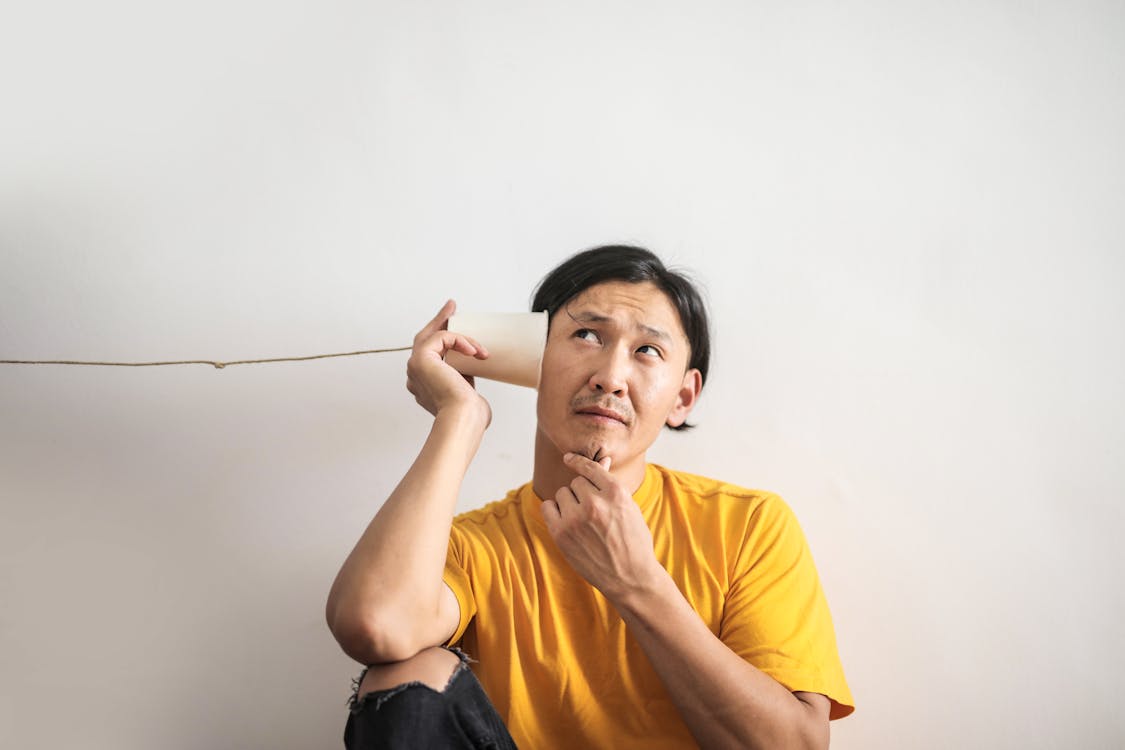📚Korean Level 4, Activity 7: 민정이가 도서관 가자고 했어요./ Minjeong Said we Should go to the Library.

Description:
In this activity, students will discuss symbols or beliefs that either stand for good luck or bad luck. After the discussion, students will talk with a partner, pretending as if they are talking on the phone. Through this activity, students will learn how to make plans through a phone call.
Semantic Topics:
conversation(대화), phone(전화기), luck(운), plan(계획), suggestion(제안)
World-Readiness Standards:
- STANDARD 1.1 Students engage in conversations, provide and obtain information, express feelings and emotions, and exchange opinions.
- STANDARD 1.1 Students express opinions and preferences about people, events, and everyday activities through simple contrast and comparison, on topics such as favorite celebrities, foods, movies, and sports.
- STANDARD 2.1 Students observe and discuss Korean superstitions and their manifestation in the lives of Korean people (e.g., eating traditional taffy on college examination day, avoiding writing one’s name in red), with an emphasis on the meanings behind these superstitions.
Idaho Content Standards for World Languages:
- COMM 1.1 – Interact and negotiate meaning (spoken, signed, written conversation) to share information, reactions, feelings, and opinions.
- COMM 2.1 – Understand, interpret, and analyze what is heard, read, or viewed on a variety of topics.
- COMP 1.3 – Compare and analyze idiomatic expressions in the target language.
NCSSFL-ACTFL Can-Do Statements:
- I can exchange text messages with my friend to suggest an activity for this weekend.
- I can interact with my friends to plan an ideal date.
- I can discuss what is considered as bad luck in Korean culture and in my culture.
Materials Needed:
Warm-Up:
1. Begin by introducing the Can-Dos for today’s activity.
오늘의 학습목표를 소개하는 것으로 수업을 시작하세요.
2. Students will discuss their luck, whether it’s usually bad or good.
자신이 운이 있는지 없는지 이야기해 봅시다.
- I always have bad luck.
- 저는 항상 운이 안 좋아요.
- The line that I get on is always the slowest moving.
- 제가 서 있는 줄은 항상 느리게 움직여요.
- It always rains when I don’t have an umbrella.
- 제가 우산 없는 날만 비가 내려요.
3. Students will also discuss common beliefs or symbols related to luck in their culture and in Korean culture.
자신의 문화에서와 한국 문화에서의 운과 관련된 믿음이나 상징에 대해 이야기해 봅시다.
- If a black cat crosses my path, then I have a bad day.
- 검은색 고양이가 제 앞에 지나가면 운이 안 좋은 날이에요.
Main Activity:
1. Students will pretend like they are talking with their partner on the phone. They will ask their partners what they are currently doing and if they have free time.
짝과 통화하는 것처럼 해보세요. 그리고 짝이 지금 무엇을 하고 있는지, 자유 시간이 있는지 물어보세요.
- What are you doing right now?
- 지금 뭐 해요?
2. They will also ask their partners where they would like to go, what they want to do, and when they want to meet.
짝에게 어디에 가고싶은지, 무엇을 하고싶은지, 어디서 만나고싶은지 물어보세요.
3. Students will organize and write a detailed plan with their partners.
짝과 함께 자세한 계획을 세우세요.
4. Students will talk about the plan to other classmates and ask if they would like to join them.
자신의 계획에 대해 다른 친구에게 이야기하고 같이 가자고 제안하세요.
- We are planning to watch a movie tomorrow. Would you like to join us?
- 우리 내일 영화 보러 갈 건데 같이 갈래요?
5. After listening to their peers’ plans, students will either accept or reject the suggestion.
친구의 계획을 들은 후에 제안을 수락하거나 거절하세요.
6. Students will provide a reason why they either accepted or rejected the invitation.
초대를 수락하거나 거절한 이유를 설명하세요.
- I have a test tomorrow, so I will be unable to go to the movie theater.
- 아니요, 저는 내일 시험이 있어서 영화관에 같이 못 가요.
Wrap-Up:
Discuss the following question to finish the lab(이 질문으로 랩을 마무리하세요):
- What do you usually do with your friend?
- 친구와 만나면 주로 뭐해요?
End of activity:
- Read Can-Do statements once more and have students evaluate their confidence.
- (Use thumbs up/thumbs down or download our student cards.)
- Encourage students to be honest in their self-evaluation.
- Pay attention, and try to use feedback for future labs
NCSSFL-ACTFL Can-Do Statements:
- I can exchange text messages with my friend to suggest an activity for this weekend.
- I can interact with my friends to plan an ideal date.
- I can discuss what is considered as bad luck in Korean culture and in my culture.

